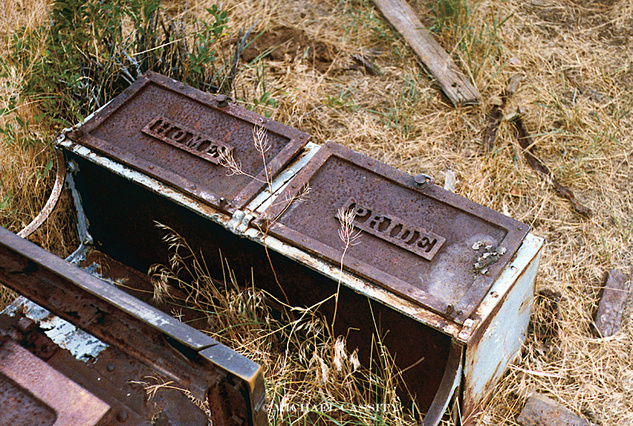
To explore the hopes and dreams of the American people, even when those hopes fell short of realization, and perhaps especially when they failed, is to engage in an exciting and meaningful process of intellectual inquiry. To do so means exploring the past as close as possible to where life is lived.
Of History and Human Needs . . .
One of the fundamental elements and continuing challenges in life and in history is the need for individual fulfillment. Too often organized society frustrates rather than facilitates the individual’s search for satisfaction and fulfillment. When we come to accept that frustration as a necessary part of life, when we regard any observation about the past as exempt from questioning, and when we come to think of questions as long settled and no longer open to doubt, we have in fact surrendered control not just over our society, but over our own lives. We wind up, intentionally or not, simply buttressing the status quo. It is a resignation to acceptance that has profound consequences.
D. H. Lawrence spoke to this resignation in The Rainbow:
"They seem unutterably, unutterably sad," said Ursula, out of a passionate throat.
"I don't think they are that. They just take it for granted."
"What do they take for granted?"
"This - the pits and the place altogether."
"Why don't they alter it?" she passionately protested.
"They believe they must alter themselves to fit the pits and the place, rather than alter the pits and the place to fit themselves. It is easier," he said.
In life, the continuing challenge is to try to make the organization of society meet the needs of the people rather than change the people to meet the needs of society. In history, the challenge is to be sensitive to the way that people have altered their lives to meet the demands of a larger system of production and power, and the ways in which they have made the larger system respond to their own needs.
D. H. Lawrence spoke to this resignation in The Rainbow:
"They seem unutterably, unutterably sad," said Ursula, out of a passionate throat.
"I don't think they are that. They just take it for granted."
"What do they take for granted?"
"This - the pits and the place altogether."
"Why don't they alter it?" she passionately protested.
"They believe they must alter themselves to fit the pits and the place, rather than alter the pits and the place to fit themselves. It is easier," he said.
In life, the continuing challenge is to try to make the organization of society meet the needs of the people rather than change the people to meet the needs of society. In history, the challenge is to be sensitive to the way that people have altered their lives to meet the demands of a larger system of production and power, and the ways in which they have made the larger system respond to their own needs.
